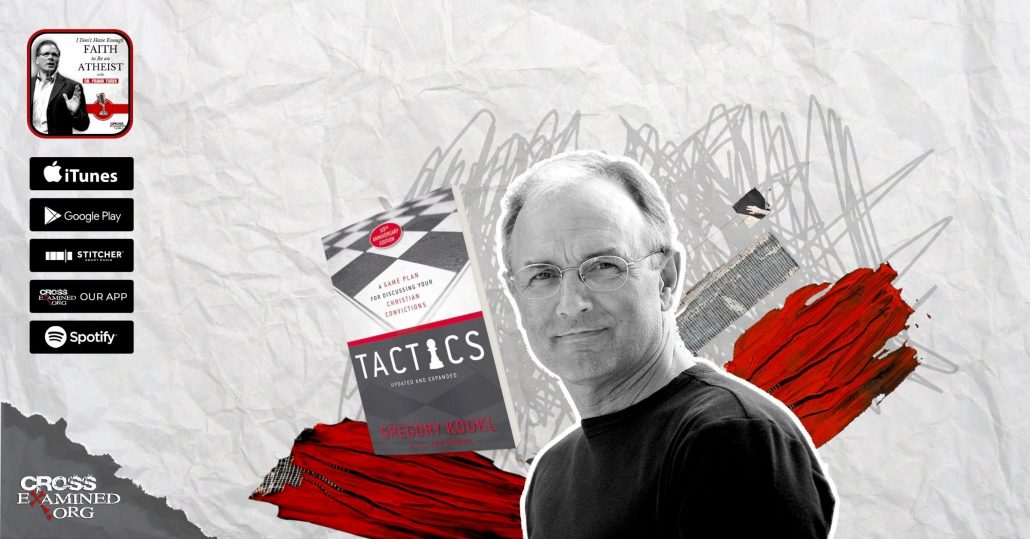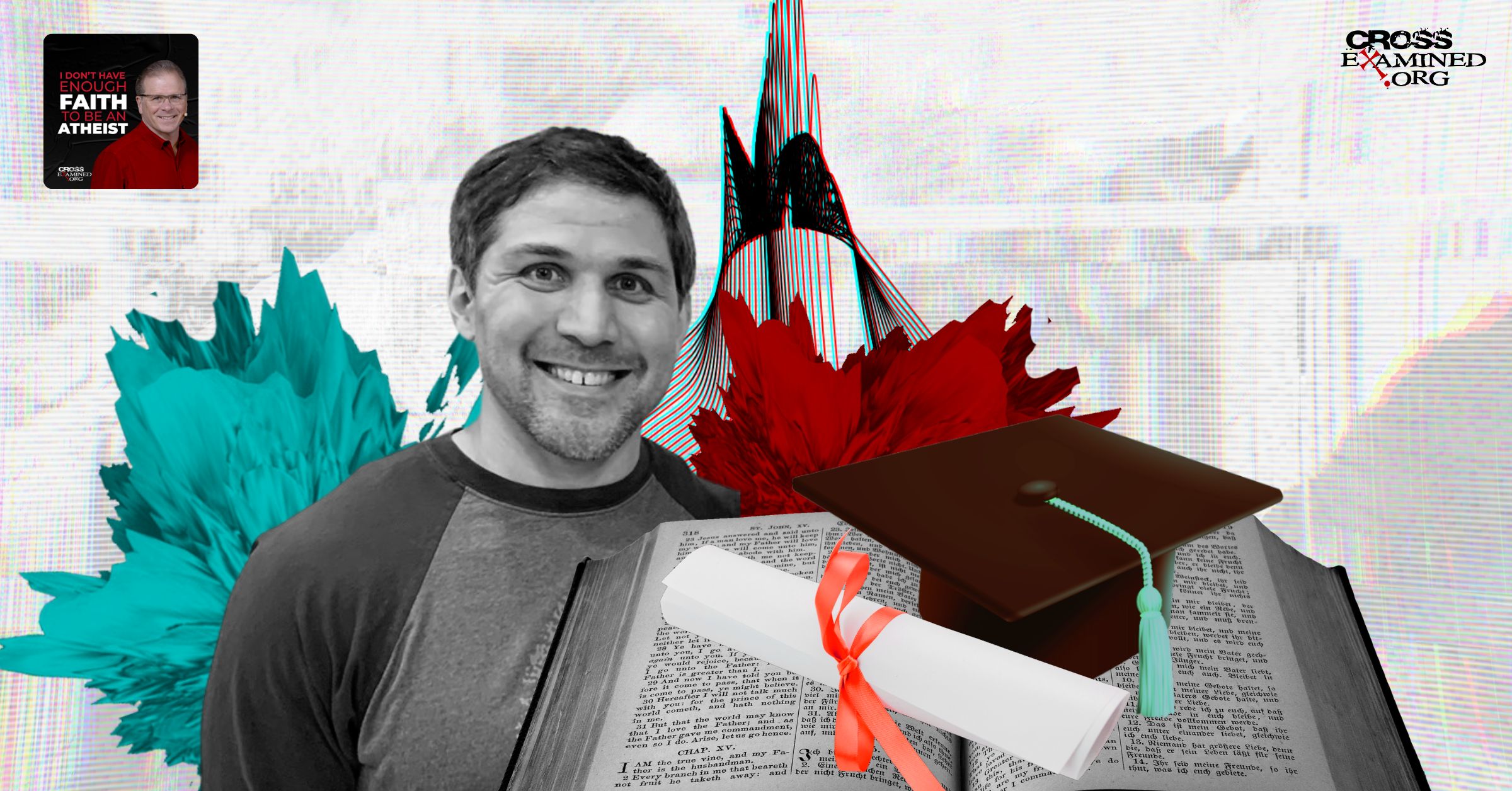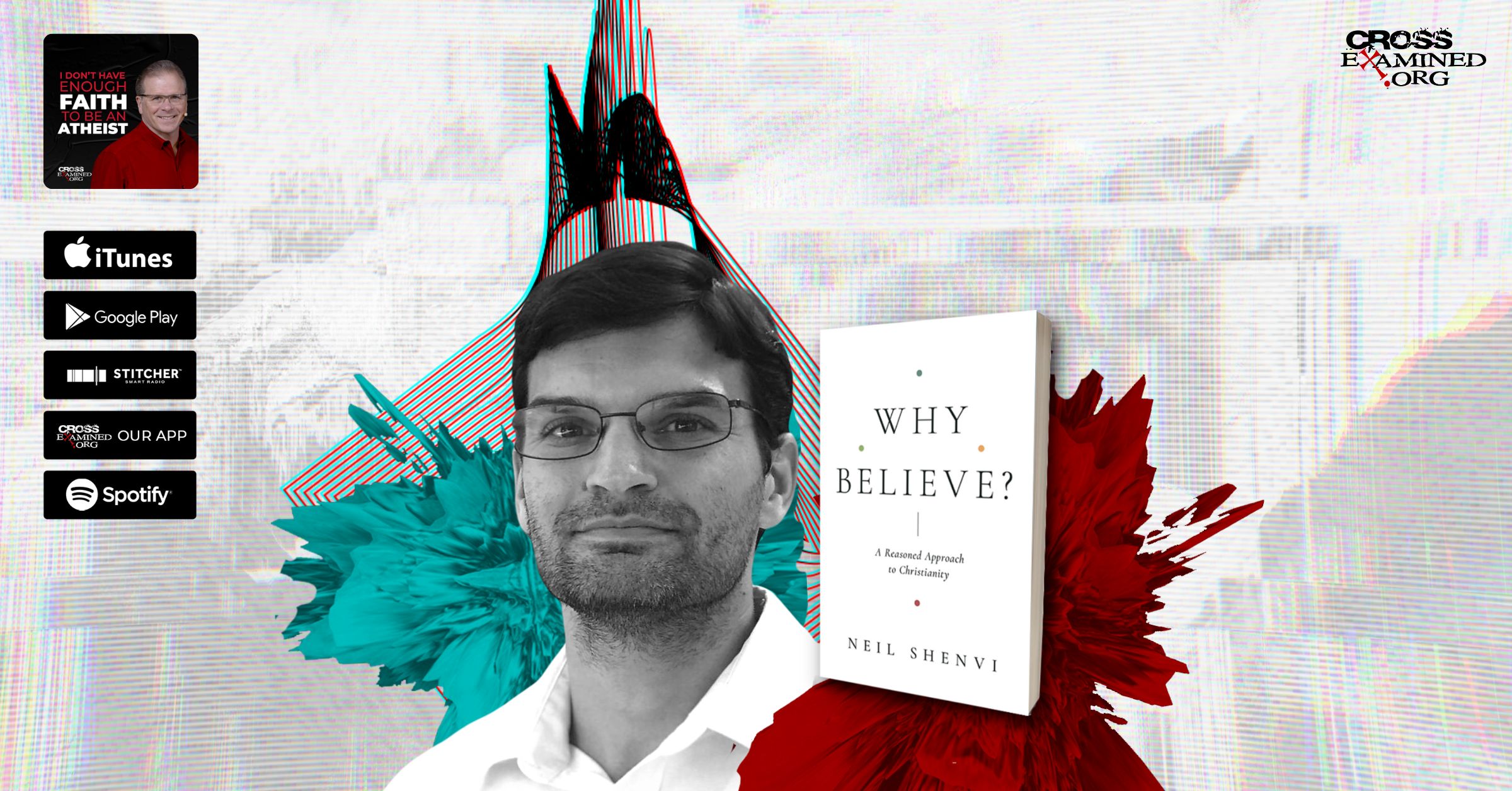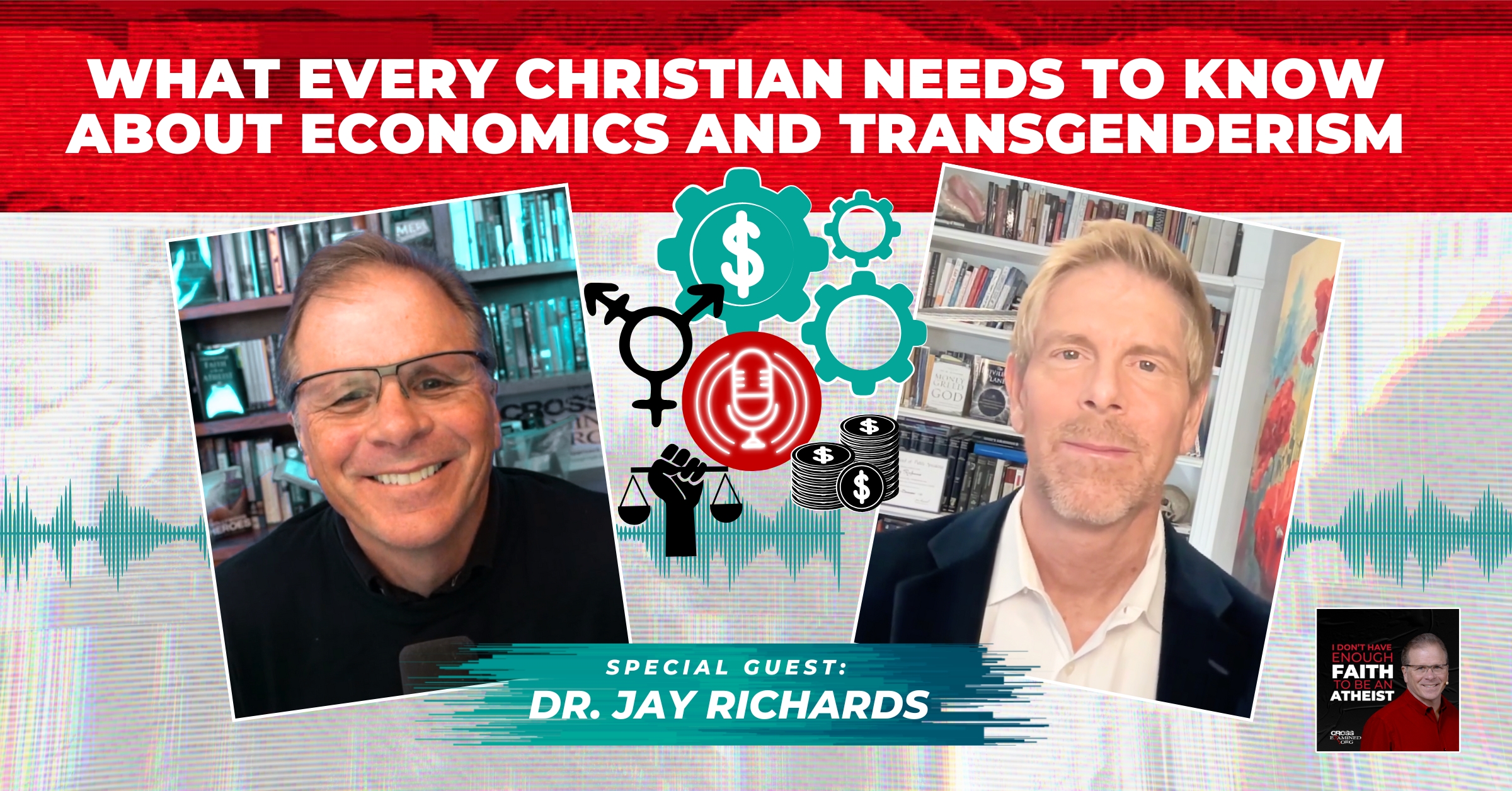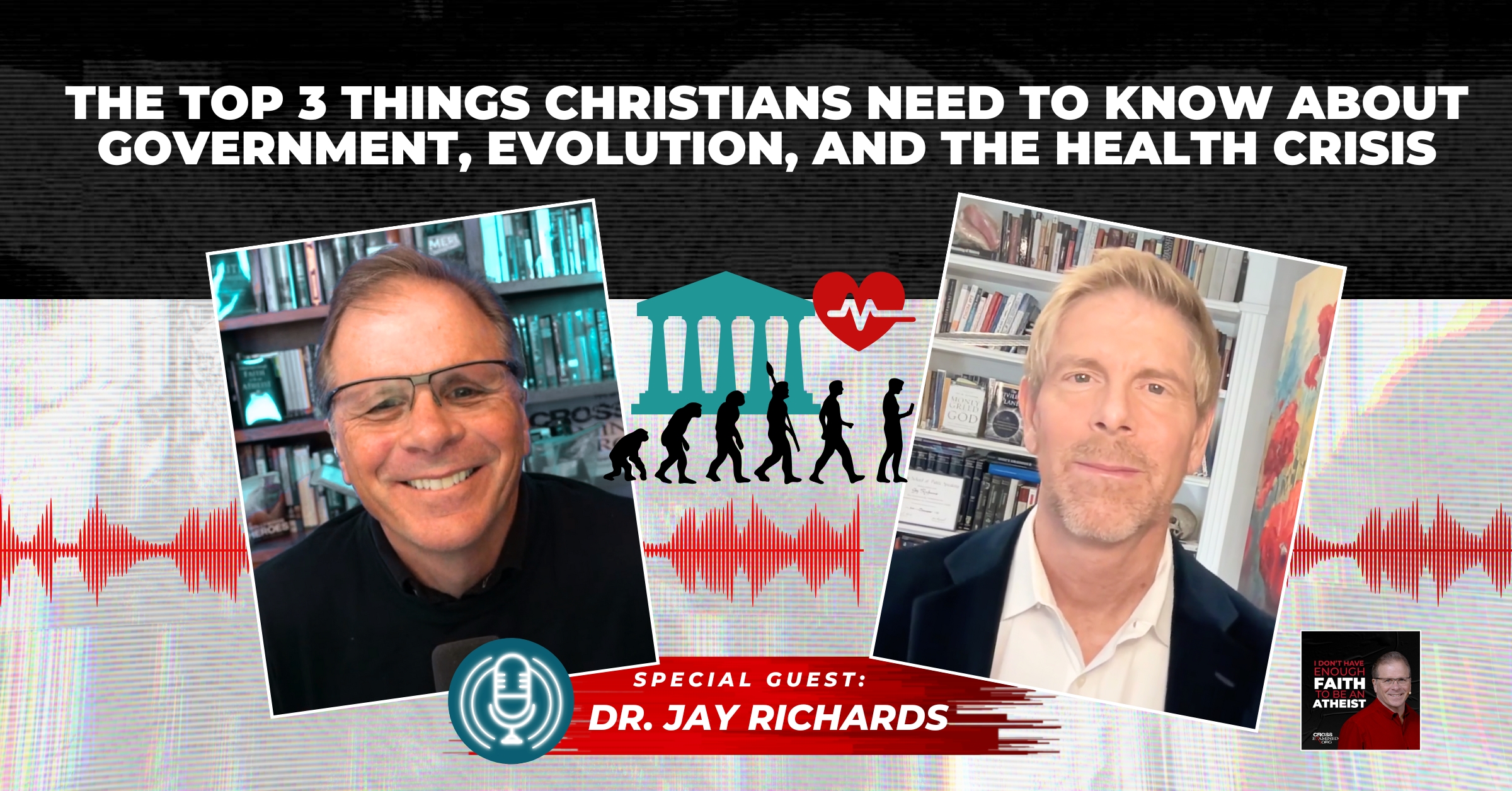3 Reasons to Believe in God
In presenting apologetics there are certain points I focus on in order to systematically examine the evidence for the truth of Christianity. While there are many other areas of interest and concern for the apologist, these areas are essential in determining the veracity of the Christian religion.
These main features of Christianity include:
- The existence of God
- The reliability of the Bible
- The divine claims of Jesus
- the evidence for the resurrection of Jesus.
I organize these four points in the form of a question, which can possibly be answered yes or no, in order to be objective in the analysis. I’d like to focus on point #1 by asking the question: “Does God Exist?”
Does God Exist?
Obviously, if God doesn’t exist then Christianity cannot be true. It is pretty fundamental. There are dozens and dozens of arguments for God’s existence, but there are three powerful arguments for theism that are the most popular. If you can just remember GOD’s name you can remember these three arguments:
G = Good and evil
O = Origins of the universe
D = Design of the universe
The ‘g’ in God’s name stands for good and evil. The fact that there exists objective moral truth is evidence for God. Check out this video titled “The Moral Argument” for a quick introduction. The ‘o’ in God’s name stands origins of the universe. This video, titled “The Kalam Cosmological Argument” provides evidence for the origins of the universe that deduces that existence of God. There are many versions of the cosmological argument, but the kalam version argues from the beginning of the universe to the existence of God. The ‘d’ in God’s name stands for design of the universe. This video shows how design is the best explanation for the fine-tuning for life in the universe.
Good and Evil
The first of these arguments for God is from morality. The Moral Argument (or the argument from good and evil) can be summarized as such:
P1: If God doesn’t exist, objective moral truth does not exist.
P2: Objective moral truths does exist.
C: So, God exists.
Origins of the Universe
The second argument is from the first cause of the universe. The Kalam Cosmological Argument (or the argument from the origins of the universe) can be summarized:
P1: Whatever begins to exist has a cause.
P2: The universe began to exist.
C: So, the universe has a cause
Design of the Universe
The third of these arguments deals with the amazing design we see in the universe. The Fine-tuning Argument (or the argument from the design of the universe) can be summarized:
P1: The fine-tuning for life in the universe is either due to chance, necessity, or design.
P2: It is not due to chance or necessity.
C: So, it is due to design.
Check out this page for a complete presentation of these three arguments for God’s existence which provides a summary of each argument along with links to other articles and videos for the existence of God.
Recommended Resources:
I Don’t Have Enough Faith to Be an Atheist (Paperback), and (Sermon) by Norman Geisler and Frank Turek
Macro Evolution? I Don’t Have Enough Faith to be a Darwinist (DVD Set), (MP3 Set) and (mp4 Download Set) by Dr. Frank Turek
Oh, Why Didn’t I Say That? Does Science Disprove God? by Dr. Frank Turek (DVD and Mp4)
Stealing From God by Dr. Frank Turek (Book, 10-Part DVD Set, STUDENT Study Guide, TEACHER Study Guide)
Steve Lee has taught Apologetics for over two and a half decades at Prestonwood Christian Academy. He also has taught World Religions and Philosophy at Mountain View College in Dallas and Collin College in Plano. With a degree in history and education from the University of North Texas, Steve continued his formal studies at Southwestern Baptist Theological Seminary with a M.A. in philosophy of religion and has pursued doctoral studies at the University of Texas at Dallas and is finishing his dissertation at South African Theological Seminary. He has published several articles for the Apologetics Study Bible for Students as well as articles and book reviews in various periodicals including Philosophia Christi, Hope’s Reason: A Journal of Apologetics, and the Areopagus Journal. Having an abiding love for fantasy fiction, Steve has contributed chapters to two books on literary criticism of Harry Potter: Harry Potter for Nerds and Teaching with Harry Potter. He even appeared as a guest on the podcast MuggleNet Academia (“Lesson 23: There and Back Again-Chiasmus, Alchemy, and Ring Composition in Harry Potter”). He is married to his lovely wife, Angela, and has two grown boys, Ethan and Josh.
Originally Posted Here: https://bit.ly/3VSB3cO




